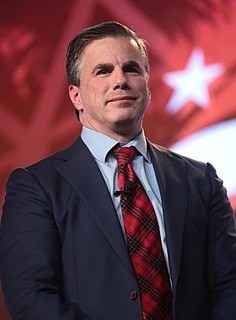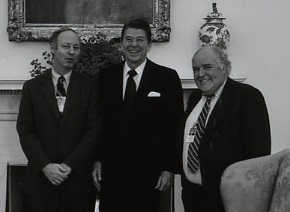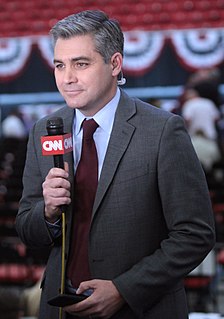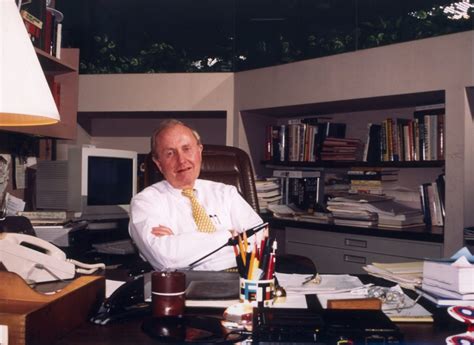A Quote by David Ignatius
The attack on the U.S. Consulate in Benghazi has become a political football in the presidential campaign, with all the grandstanding and misinformation that entails.
Related Quotes
Despite the obvious intelligence and security failures that contributed to the attack against the U.S. Consulate in Benghazi, the reality is that in one night, an al Qaeda-affiliated group destroyed a diplomatic post, killed a U.S. ambassador and three other Americans, and forced an end to clandestine U.S. activity in the area.
If the American people had known the truth - that Barack Obama, Hillary Clinton and other top administration officials knew that the Benghazi attack was an al-Qaida terrorist attack from the get-go - and yet lied and covered this fact up - Mitt Romney might very well be president. These documents also point to connection between the collapse in Libya and the ISIS war - and confirm that the U.S. knew remarkable details about the transfer of arms from Benghazi to Syrian jihadists.
We may never really know if 2004 Democratic presidential nominee and Senator John Kerry was President Obama's original choice to be Secretary of State or if he settled on Kerry after his first pick, Susan Rice, was forced out by her troublesome career and misleading statements on the Benghazi terrorist attack.







































